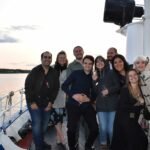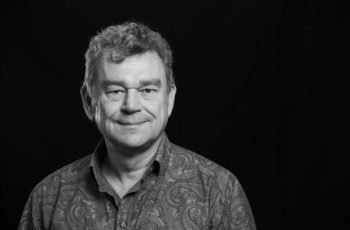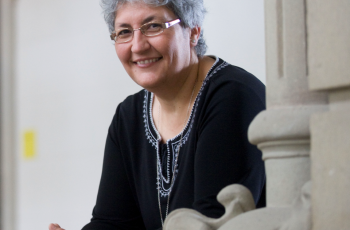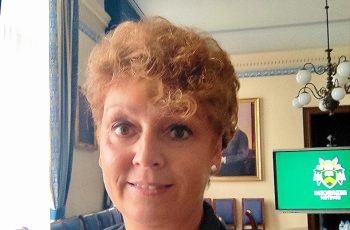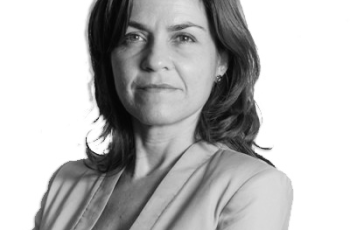In the faces of NeurotechEU series, several people in the NeurotechEU alliance are interviewed to learn about their experiences and insights.
Necati Aras, an industrial engineering professor at Bogazici University in Istanbul, offers unique insights into the intersection of industrial engineering and neurotechnology. In this interview, we delve into his perspectives on NeurotechEU’s interdisciplinary approach, the connection between neurotechnology and STEM education, his personal interests, and thoughts on brain drain.
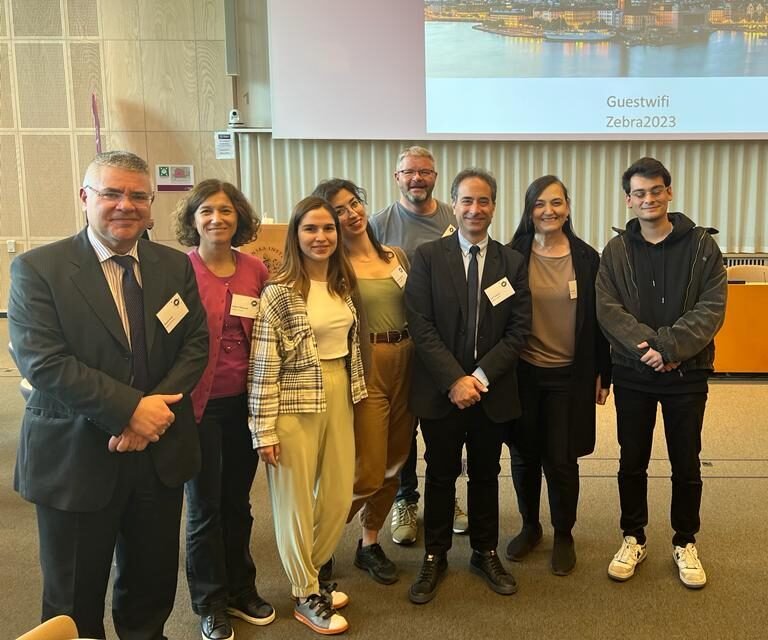
These medical collaborations highlight the synergy between our field and healthcare, demonstrating that our data analytics expertise can be applied across various domains.
Necati Aras
Neurotech is often linked with medical sciences, but NeurotechEU aims to be interdisciplinary. How do you see the link between neurotechnology and STEM education, especially considering the growing popularity of STEM projects, particularly in Turkey?
Neuroscience is inherently interdisciplinary and intersects with my field, industrial engineering, and Decision Sciences. It focuses on understanding human decision-making and its brain mechanisms, and even neuroeconomics, examining economic choices.
While some subfields in neuroscience are already well-established, like neuro-robotics for amputees or neuromorphic computing, in NeurotechEU, we’ve defined eight dimensions related to the overall field. One of these dimensions, OPI (Other Problematic Issues), includes aspects like ethical considerations or decision science. So, there’s plenty of room for interdisciplinary collaboration within the NeurotechEU consortium.
How did you choose industrial engineering as your field?
In Turkey, university admissions are highly competitive, with millions of high school graduates taking a nationwide exam. Initially, I enrolled as a mechanical engineer but later discovered industrial engineering, which suited my skills and interests. I pursued a double major, obtaining mechanical and industrial engineering degrees. Industrial engineering enhances processes across various industries, such as IT, human resources, production planning, sales, and marketing, making it an ideal choice for those keen on optimizing operations. It’s like management but with a stronger emphasis on mathematical skills.
Neurotech and neuroscience connect with almost anything bearing the “neuro” prefix. Do you gain unique insights from medical colleagues that differ from your usual sources?
While I haven’t directly collaborated with medical peers, I’ve evaluated medical research projects. Medicine increasingly utilizes data analytics, particularly in Personalized Medicine. Students I’ve mentored have worked on optimizing cancer radiotherapy, employing optimization techniques to minimize harm to healthy tissue. Similarly, we’ve used data analytics to determine the best treatment based on stone composition for kidney stones. A master’s student is analyzing images to distinguish malignant and benign throat tumors. These medical collaborations highlight the synergy between our field and healthcare, demonstrating that our data analytics expertise can be applied across various domains. Despite not working directly with medical colleagues, our techniques find relevance in addressing medical challenges due to shared principles in classification and decision-making.
You have a wide range of interests. What do you enjoy doing in your free time?
My passion centers around streamlining processes. I constantly identify inefficiencies during my commute, at resorts, or in daily life. This drive for improvement is typical in industrial engineering. We seek to optimize systems everywhere. Even in airports, I question the layout and its impact on fuel costs and prices at airport shops. Industrial engineering applies universally, revealing inefficiencies and offering solutions.
I used to play basketball from high school until about six or seven years ago. It demands complete focus, but at 54, I’ve had to stop due to aging muscles not keeping up with my brain’s intentions. I’m considering gentler sports like swimming, walking, cycling, or canoeing. Lately, I’ve found relaxation and contemplation in watching movies.
You studied in North America and will be there soon as a visiting scholar. How do you compare US and European university education, particularly NeurotechEU?
A significant difference is the growing concern about brain drain. In the past, scholars often returned to Turkey after studying abroad. Now, more individuals seek opportunities in Europe or the US, leading to brain drain issues. In Western Europe, academics transition to industry, while Eastern Europe experiences brain drain as highly educated individuals leave, resulting in a gradual decline in national skill and education levels.
Financial factors, particularly the high cost of education, further exacerbate the problem, making education inaccessible to many. Additionally, the varying quality of Turkish universities compound these issues.
Turkey’s socio-economic diversity allows NeurotechEU to make a difference in less affluent regions. Since mobility is a crucial goal, how can we balance studying in European universities with returning home afterward?
Brain drain is a challenge NeurotechEU addresses by offering graduate and Ph.D. students opportunities to study at partner institutions. Some may stay abroad for scientific prospects, while others return to contribute. However, salary disparities between Turkey and other European countries impact decisions. Brain drain is a complex issue with no quick fix.
As an optimization scientist, I emphasize addressing the political situation. While economic and justice issues matter, the country’s direction is crucial.
What would you pursue if you were not an industrial engineer?
Basketball has always held a special place in my heart. Despite my height of 178 centimeters, I always dreamed of being a playmaker on the court. However, my dedication to academics took precedence in high school and university, where I excelled.
I also considered a career as a medical doctor. My respect for surgeons deepened after my son’s kidney transplant. Their ability to save lives and provide a fresh start to patients is a profound and almost sacred calling.
In the “Faces of NeurotechEU” series, whom would you prefer to read about, and what questions would you ask?
I’m keen to learn more about Paul, often called the “big boss.” With nine partners, including scientists, academics, administrators, and management personnel, managing this diverse project can be compared to running a small company. Motivation is critical, and I’d like to know Paul’s strategies for maintaining it, particularly during setbacks. How does he plan to keep motivation high for the long-term success of the consortium?
By: Krisztina Csiba, University of Debrecen

